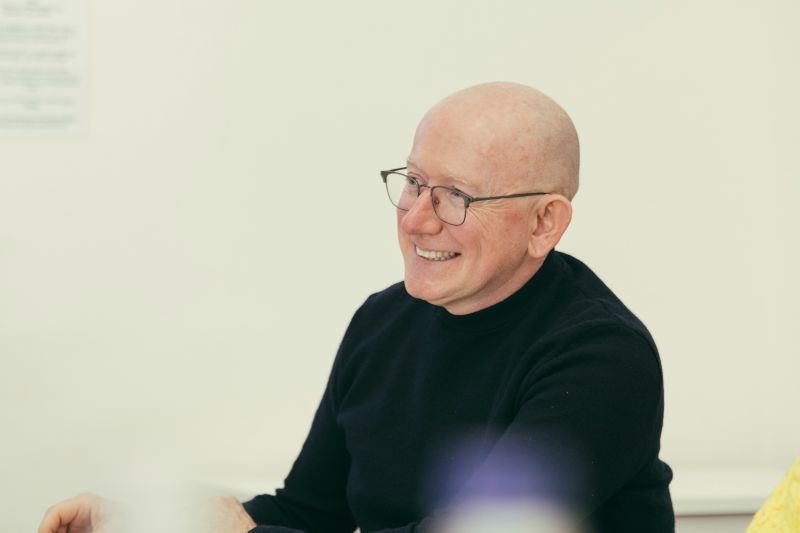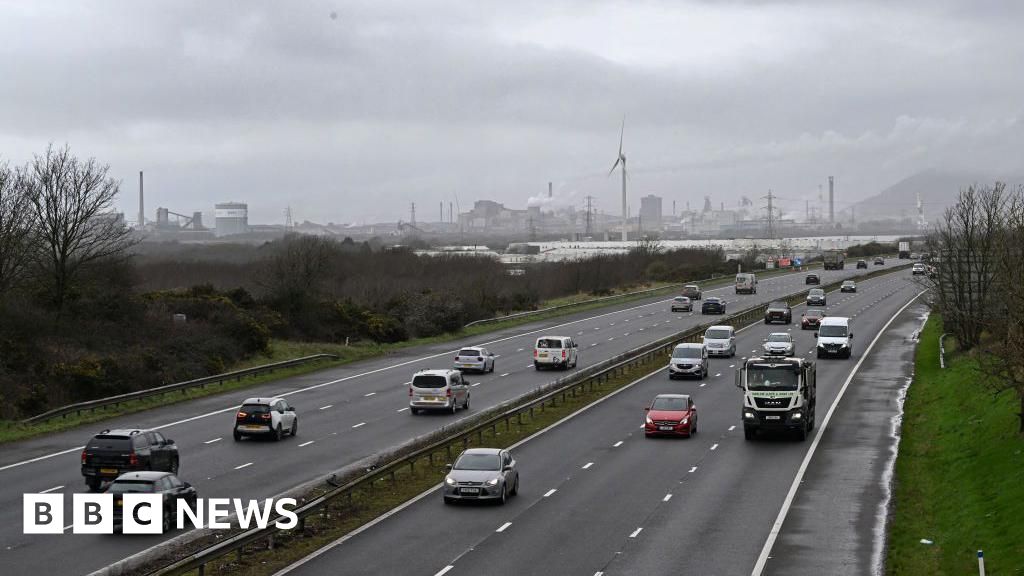Jobs
Simon Case: AI will destroy jobs, but there’s a silver lining that could save your career

In case you haven’t noticed, the advertising and creative industries are on the cusp of a seismic shift driven by the rapid advancement of artificial intelligence (AI) technologies. As our special report notes, AI is already regularly used in studios up and down the land for things like ideation and brainstorming.
But is this only the start? Could AI be about to completely replace illustrators, designers, and other creatives?
Simon Case, creative director at strategic consulting firm Chromatic, offers a candid perspective on this question. And it won’t be pleasant reading for many people working in the creative industries today.
“The big agency networks are not telling the truth about what’s going to happen,” he asserts. “They don’t want to admit there will be big fallouts and many very unhappy people.”
Need for honesty
Simon is stating here something that feels self-evident to many of us, but few are brave enough to face the truth, even to ourselves.
No, he doesn’t have a crystal ball. But he does have an understanding of history and how business works.
“So just as Macs replaced typesetters, photo retouchers, and all of those old skills in the past, AI is going to replace people, and it will have a huge effect,” he reasons. “I don’t think the big agencies or the big networks have been honest with their people, and they’re not being honest to their clients here.”
He points to Chromatic’s own use of AI for streamlining production processes, such as resizing ads, visualising conference designs and even 3D modelling, tasks that previously required large specialised teams. AI is automating much of the labour-intensive “doing” that agencies have traditionally employed armies of people for. And this trend, he believes, can only heighten over time.
“There aren’t many things you can’t get AI to do,” he points out. “If you can think and have a good idea, then everything else is now at the click of a mouse.”
The single solution
So, is the creative profession doomed? According to Simon, there is a silver lining. The one thing that AI can’t do is come up with strategy and good ideas, so creative people will still be needed. It’s just that, from a business and organisational point of view, there’s going to be a lot of disruption. One element of that, he predicts, will be the rise of “single-person, full-service agencies”.
The ability of one skilled creative or strategist to concept ideas and then execute the entire creative production using AI tools would starkly contrast to the behemoth agencies of the past, with hundreds of specialised employees. And it might sound far-fetched to some.
And yet, it makes perfect sense to me as a journalist. After all, when I entered my profession in the 1990s, working on London-based entertainment and women’s magazines, each title employed around 50-100 people.
Fast-forward to 2019, and I was literally able to create an entire print magazine as editor by myself, with the part-time help of just a couple of freelance writers and a freelance art editor.
Could the same shakeout be about to happen to large creative agencies?
Seismic shift
“If you think about the big ad agencies, their profit centres were always their studios,” argues Simon. “And their studios were always the part of the agency that employed most people. Well, it’s going to go. I mean, within a year or two, they will disappear. And I think the big agency networks are being disingenuous here.
“The truth is,” he continues, “that when you look at studios, writing teams, and other departments, those companies that are very profit-focused – which are all of the publicly listed companies – will use AI to replace people. It will have a huge effect.”
The good news, though, is that strategic thinking and idea generation will remain highly valued skills that AI cannot yet replicate.
“Without strategic and creative ability to generate new thinking – coupled with an expert command of the AI platforms – you won’t get far,” he points out. So his advice to young creatives is to “learn AI but also learn brand strategy, how to write and how to produce ideas. Designers sell themselves short when they spend their lives colouring in”.
Opportunities ahead
While AI will be massively disruptive, causing widespread job losses, Simon also sees incredible opportunities in this brave new world.
“On the one hand, there’ll be massive disruption and loads of layoffs,” he says. “On the other hand, a million new agencies will start.” He draws parallels to previous technological shifts, such as the desktop publishing revolution, which decentralised the industry. “AI is going to democratise design in the same way,” he predicts.
While sobering job losses loom, he urges the industry to embrace the positive opportunities that lie ahead for nimble, strategic creatives. If he’s right, then it’s time to get prepared and start thinking about the future.
You heard it here first: the era of the “single person, full-service agency” may be just around the corner.









